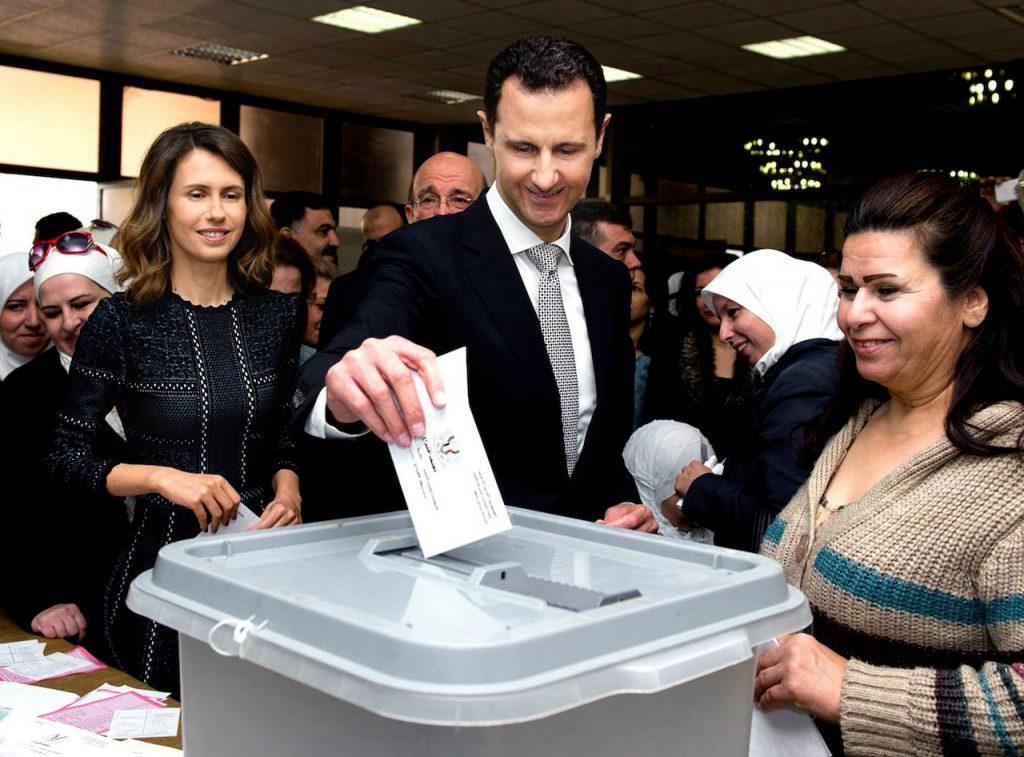Hundreds of jailed social media users freed ahead of Syrian presidential election
Most of them had been arrested by security forces for simply 'liking' online Facebook posts pointing out growing hardship.
Just In
Syria has released from prison more than 400 civil servants, judges, lawyers and journalists detained this year in a crackdown on social media dissent, however mild.
The move is seen by rights activists and former detainees as intended to win over public opinion ahead of the presidential election on May 26, which is expected to hand President Bashar Assad a fourth term.
Those released after being held under Syria’s cybercrime laws were among thousands freed this month under a general amnesty for currency speculators, drug dealers, smugglers and kidnappers, Reuters reports.
The amnesty excluded tens of thousands of Assad opponents and political detainees held for years without trial, many of whom are believed dead, rights groups say.
“The timing of the release right before elections is to generate a facade of entertaining some form of dissent to make the elections look credible,” said Sara Kayyali, Syria researcher with US-based Human Rights Watch (HRW).
The group had seen an uptick in arrests for online activities in recent months to silence public disaffection over Syria’s economic crisis.
The country’s economy is collapsing under the weight of war, sanctions and Covid-19, but public criticism of deteriorating living conditions is not tolerated.
The crackdown under cybercrime law on mostly Assad supporters was intended to instill fear ahead of elections, according to two released detainees, who requested anonymity.
None of those arrested had criticised Assad, a capital offence. Most were rounded up by security forces for simply “liking” online Facebook posts pointing out growing hardship.
The releases were among other steps taken in recent weeks ahead of the elections to influence public opinion, such as efforts to fight sky-rocketing inflation, and extending government grants to state employees in areas suffering from economic hardship.
The interior ministry had in January warned that violators of the cybercrime laws, which criminalises social media comments deemed to undermine the authority of the state, would face a minimum of six months in prison.
The ministry said it would pursue people who leaked fake news to portals that “distort and sow confusion in public opinion”.
The majority of those released were never formally charged or put on trial, according to two released detainees who requested anonymity because they were warned not to speak publicly.
Subscribe to our newsletter
To be updated with all the latest news and analyses daily.
